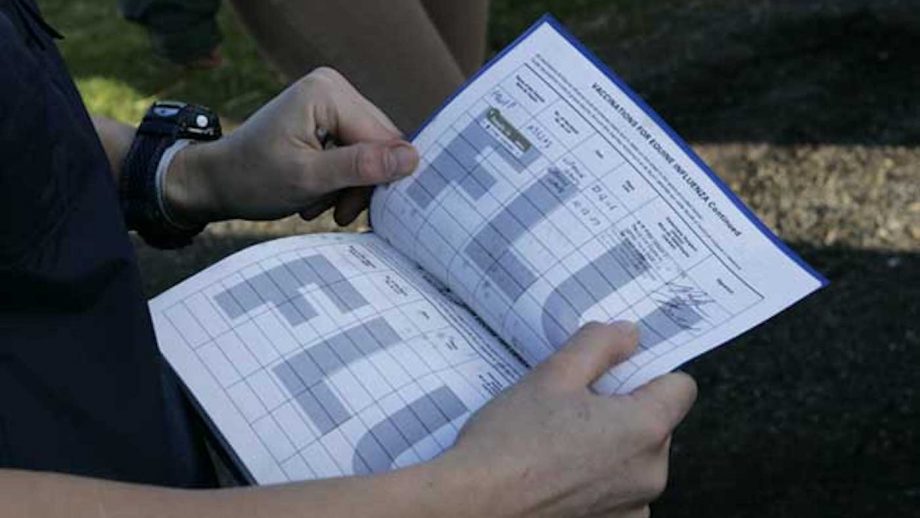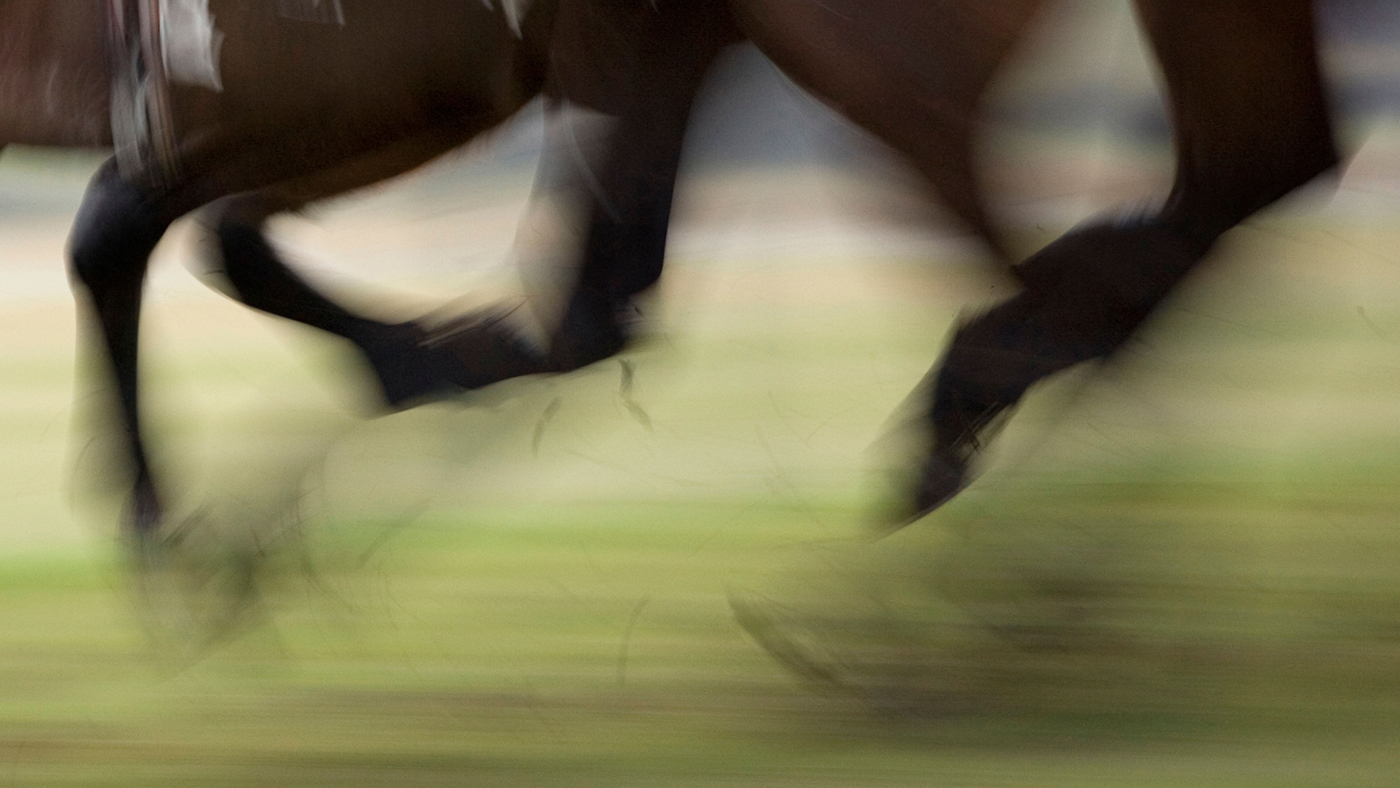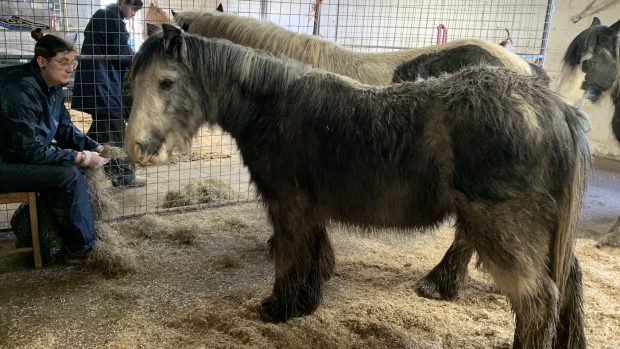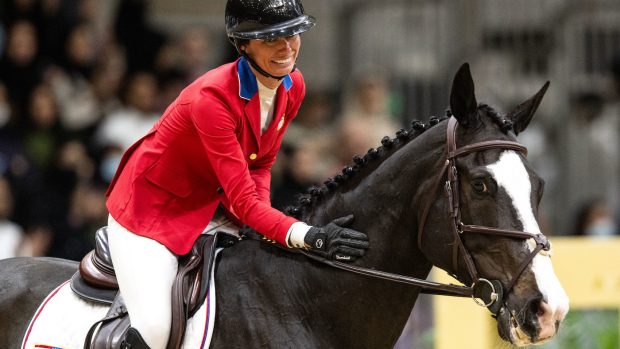There is “cautious optimism” over the equine flu situation, as racing is given the green light to restart.
The British Horseracing Authority (BHA) decided last night (11 February), having consulted its vets and based on the latest information from the Animal Health Trust (AHT), that racing can resume tomorrow (13 February) – but with strict biosecurity controls in place.
The BHA has developed a “risk framework” to categorise trainers by the level of risk they have been exposed to. The ability of runners to return to racing depends on the categories their yards have been put in.
As an interim measure, the BHA has said only horses who have been vaccinated in the last six months will be able to run, and all trainers will have to provide health declarations on arrival at a racecourse.
BHA director of equine health and welfare David Sykes said: “The BHA and the veterinary committee agree that, on balance, the level of risk is acceptable for a return to racing.
“We have developed a risk model, which the veterinary committee support, in order to assist the return to racing.
“We will observe closely those horses who are taken to the racecourse and will intervene as a precaution to prevent a horse running or accessing a racecourse if we believe it might put other horses at risk of infection.
“The veterinary committee is of the view that an unprecedented amount of this disease has been identified in Europe. This is not a typical endemic period and it was essential that precautions be taken to protect the horse population.”
The British Equestrian Federation (BEF) said it welcomes the decision to resume “We’re cautiously optimistic that after analysis of thousands of samples by the AHT, there have been no further positive tests since the weekend,” a spokesman said.
Continues below…

Equine flu: what all owners need to know to protect their horses

Equestrian sport ‘monitoring’ equine flu outbreak after racing shut down
‘It is essential that any horses showing signs of possible equine flu, or horses that might have been in contact

Subscribe to Horse & Hound this spring for great savings
“The BEF continues to closely monitor the situation and assess the risk to health of UK horses while in regular consultation with specialist vets and experts in equine influenza and epidemiology with experience of managing previous outbreaks. Their assessment remains that it is not necessary to cancel other equine events subject to local disease status and local veterinary advice.”
The BEF urges owners to continue to be vigilant for signs of flu, and “strongly recommends” horses not vaccinated in the last six months are given boosters.
“As has been demonstrated in this outbreak, vaccinations are vital in tackling the spread of the disease. Therefore we recommend strongly that unvaccinated horses do not mix with other horses,” the spokesman added.
“Our advice remains that you MUST NOT take your horse to an event or competition if horses at your yard are unwell.”
For all the latest news analysis, competition reports, interviews, features and much more, don’t miss Horse & Hound magazine, on sale every Thursday.





